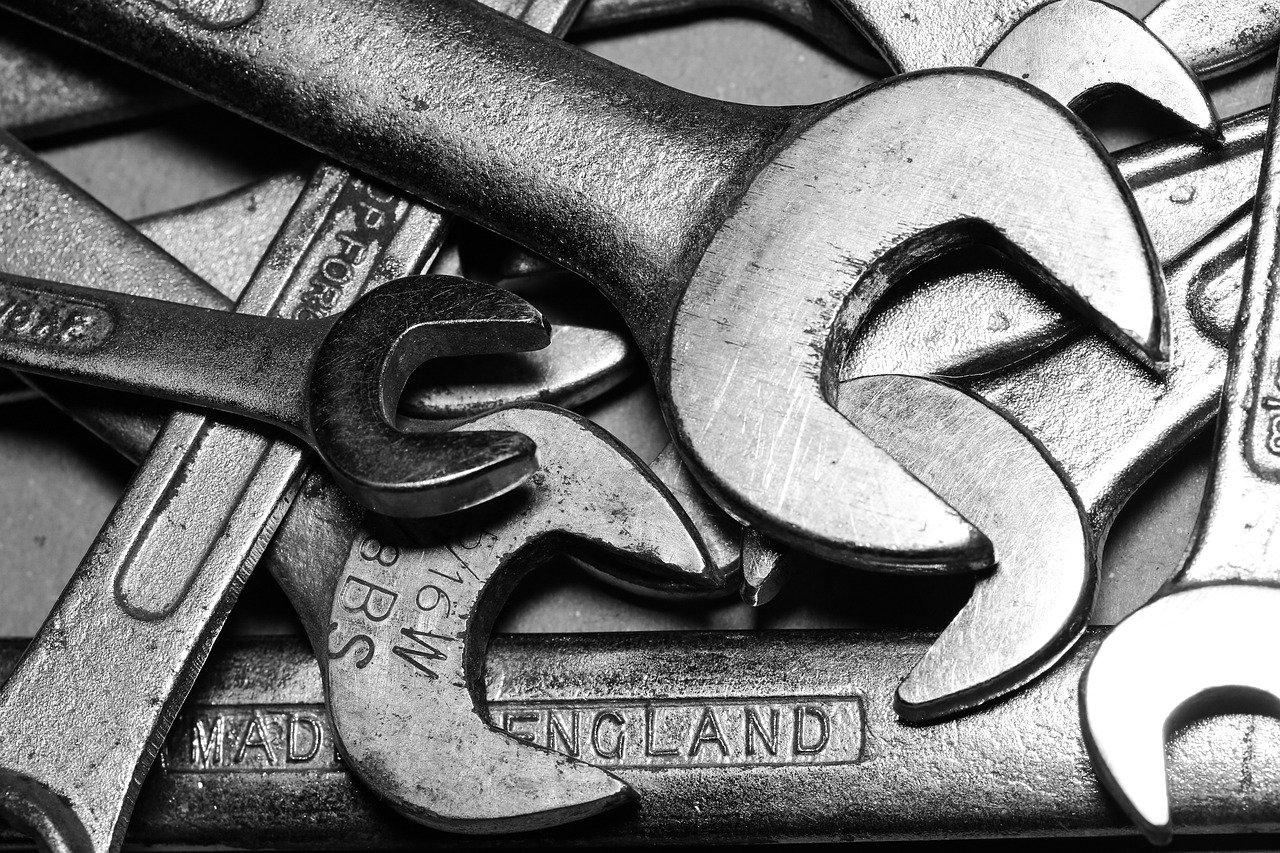The Honda Accord has long been a favorite among car buyers, known for its reliability, comfort, and performance. However, understanding how much a Honda Accord costs requires an analysis of various factors that influence its pricing. This article delves into these factors, including model years, trims, features, and current market trends, to assist potential buyers in making informed decisions.
The starting price of a new Honda Accord can vary significantly depending on the trim level and optional features chosen. For instance, the base model typically starts at a lower price point, while higher trims equipped with advanced features can increase the overall cost. Buyers should consider their budget carefully and explore the various options available.
When evaluating the Honda Accord, it is essential to compare its price to similar vehicles in the midsize sedan category. Competing models often have different pricing strategies, and understanding these can help buyers gauge the Accord’s value. Notably, vehicles like the Toyota Camry and Nissan Altima are direct competitors, and analyzing their pricing can provide valuable context.
- Demand: High demand for the Honda Accord can drive prices up, especially for popular trims.
- Model Year: Newer models generally command higher prices due to the latest technology and features.
- Optional Features: Adding features such as premium sound systems or advanced safety packages can significantly increase the price.
The model year is a critical factor in determining the price of a Honda Accord. Newer models typically have a higher price tag due to enhanced features and improved performance. Additionally, understanding depreciation trends can help buyers make better purchasing decisions, as older models may offer better value for those on a budget.
The Honda Accord is available in several trims, each offering unique features and pricing. The base trim provides essential features, while higher trims like the EX-L or Touring come equipped with luxury amenities and advanced technology. Potential buyers should carefully review what each trim includes to find the best fit for their needs and budget.
Optional features can significantly affect the overall cost of a Honda Accord. For example, advanced safety technologies such as adaptive cruise control or lane-keeping assist can add to the purchase price. Buyers should evaluate which features are essential for their driving experience and how much they are willing to invest in these upgrades.
The average price of a used Honda Accord varies based on factors such as condition, mileage, and model year. Typically, used models can offer substantial savings compared to new ones, making them an attractive option for budget-conscious buyers. Researching local listings can provide insights into current market prices for used Accords.
Financing options can significantly impact the total cost of purchasing a Honda Accord. Buyers should explore various financing methods, such as loans from banks or credit unions, and consider the terms and interest rates. Understanding these options can help buyers secure the best deal and manage their monthly payments effectively.
Long-term ownership costs include maintenance, insurance, and fuel expenses. The Honda Accord is known for its reliability, which can lead to lower maintenance costs over time. Additionally, its fuel efficiency can result in significant savings at the pump. Buyers should factor these costs into their overall budget when considering a purchase.
The resale value of a Honda Accord is a vital consideration for potential buyers. Generally, Honda vehicles retain their value well compared to competitors. Factors such as mileage, condition, and market demand can influence resale value, but overall, the Accord is seen as a sound investment.
Current promotions and discounts can significantly affect the purchase price of a Honda Accord. Buyers should stay informed about manufacturer incentives, seasonal sales, and dealership offers that can lead to savings. Checking with local dealers and online resources can help identify the best deals available.

What is the Starting Price of a New Honda Accord?
The Honda Accord has long been a favorite among midsize sedan enthusiasts, known for its reliability, comfort, and impressive features. When considering this vehicle, one of the first questions potential buyers ask is, “” Understanding this price is essential for budgeting and making informed decisions.
The starting price of a new Honda Accord can vary significantly based on several factors, primarily the trim level and the options selected. Honda offers multiple trims for the Accord, each with unique features and specifications. For instance, the base model typically starts at a lower price point, making it accessible for budget-conscious buyers. However, as you move up through the trims, the price increases, reflecting the additional features and enhancements.
To give you a clearer picture, here’s a breakdown of the starting prices for various trims of the 2023 Honda Accord:
| Trim Level | Starting Price |
|---|---|
| Honda Accord LX | $27,000 |
| Honda Accord Sport | $29,500 |
| Honda Accord Sport Special Edition | $30,000 |
| Honda Accord EX-L | $32,000 |
| Honda Accord Touring 2.0T | $36,000 |
In addition to the trim level, optional features can also impact the final price. Buyers can choose from various upgrades, such as advanced safety technology, premium audio systems, and luxury interior materials. These options can add thousands to the base price, so it’s crucial for buyers to consider what features they truly need and how much they are willing to spend.
Moreover, market conditions and regional pricing differences can also influence the starting price of the Honda Accord. Factors such as supply and demand, dealership incentives, and promotions can lead to variations in pricing across different areas. Therefore, it’s advisable for potential buyers to do their research and shop around to find the best deal.
Understanding the starting price of a new Honda Accord is a vital step in the car-buying process. By knowing the base price and how various factors can affect it, buyers can better gauge their budgets and make informed decisions that align with their financial situations.
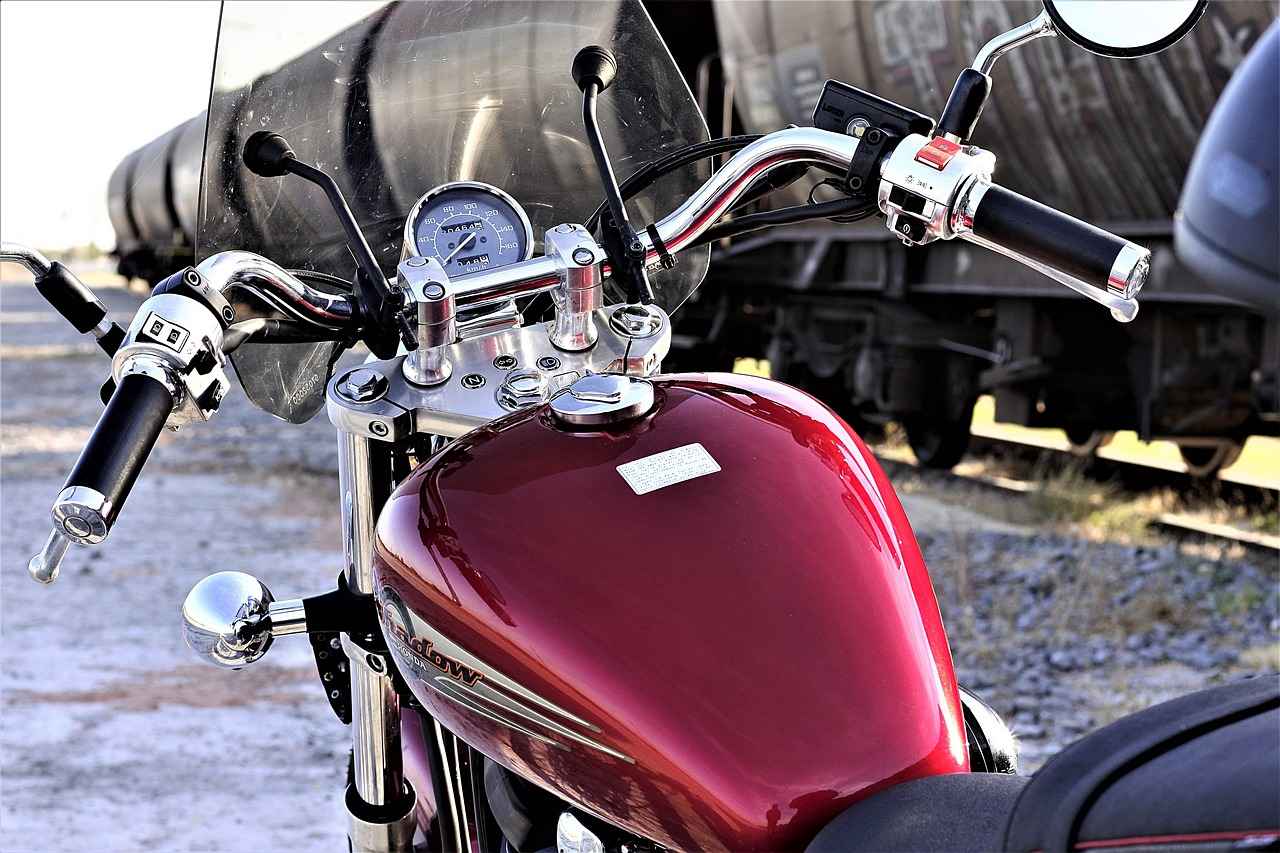
How Do Honda Accord Prices Compare to Competitors?
In the highly competitive midsize sedan market, understanding how the Honda Accord prices itself against its rivals is crucial for potential buyers. This analysis not only highlights the pricing strategies of the Accord but also compares them to key competitors, providing a clearer picture of its value proposition.
The Honda Accord faces stiff competition from several well-established vehicles in its class. Key competitors include:
- Toyota Camry – Known for its reliability and resale value.
- Nissan Altima – Offers a sporty design and advanced technology features.
- Hyundai Sonata – Provides an attractive warranty and a variety of features.
- Subaru Legacy – Renowned for its all-wheel drive and safety ratings.
The starting price of the Honda Accord typically ranges from $27,000 to $37,000, depending on the trim and features selected. In comparison:
- The Toyota Camry starts around $26,000 and can go up to $36,000.
- The Nissan Altima has a base price of $25,000 with fully loaded models reaching about $35,000.
- The Hyundai Sonata starts at approximately $24,000 and can rise to $33,000.
- The Subaru Legacy begins at around $27,000, peaking at about $37,000.
Each competitor employs distinct pricing strategies that influence their market positioning:
- Value Pricing: Many competitors, like the Hyundai Sonata, focus on offering a lower starting price while providing a robust set of features, appealing to budget-conscious buyers.
- Premium Features: The Toyota Camry often includes advanced safety and technology features as standard, justifying its slightly higher price point.
- Incentives and Discounts: Brands like Nissan frequently offer promotional discounts and financing options to attract customers, making their vehicles more appealing.
Despite being priced similarly to its competitors, the Honda Accord stands out due to its:
- Reputation for Reliability: Honda has built a strong reputation for producing long-lasting vehicles.
- Strong Resale Value: The Accord typically retains its value better than many competitors, making it a smart long-term investment.
- Comprehensive Features: The Accord often includes a wide array of standard features, such as advanced safety technologies and a user-friendly infotainment system, enhancing its overall appeal.
In summary, while the Honda Accord’s pricing is competitive with its key rivals, its reputation, features, and resale value help it maintain a strong position in the midsize sedan market. Potential buyers should consider these factors when evaluating their options to ensure they make an informed decision.

What Factors Influence the Price of a Honda Accord?
The price of a Honda Accord is influenced by a multitude of factors that potential buyers should consider before making a purchase. By understanding these factors, buyers can negotiate better deals and make informed decisions. Below, we delve into the key elements that determine the pricing of this popular vehicle.
- Demand and Supply: The demand for Honda Accords can fluctuate based on market trends, economic conditions, and consumer preferences. When demand is high, prices tend to rise. Conversely, during periods of low demand, prices may drop, providing opportunities for buyers.
- Model Year: The model year significantly impacts pricing. Generally, newer models come with advanced technology and features, which can justify a higher price tag. Older models, while potentially more affordable, may lack modern amenities and safety features.
- Trim Levels: The Honda Accord is available in various trims, each offering different features and specifications. Higher trims often include luxury features such as premium sound systems, leather interiors, and advanced safety technologies, which can substantially increase the price.
- Optional Features: Optional features can also affect the overall price. Buyers can choose from a range of add-ons, including upgraded infotainment systems, enhanced safety packages, and performance enhancements. These options can add thousands to the base price, so it’s crucial to evaluate which features are worth the investment.
- Condition and Mileage: For used Honda Accords, the vehicle’s condition and mileage are critical factors. A well-maintained car with low mileage will typically command a higher price compared to one that shows signs of wear and tear. Potential buyers should consider getting a vehicle history report to assess these factors.
- Market Trends: The automotive market is subject to trends that can influence pricing. For instance, the popularity of fuel-efficient vehicles can drive up demand for the Honda Accord, impacting its price. Keeping an eye on market trends can provide insights into the best times to buy.
- Geographic Location: Prices can vary significantly based on geographic location. In urban areas where demand is higher, prices may be elevated compared to rural areas. Additionally, local taxes and fees can also affect the final purchase price.
Understanding these factors not only helps in negotiating a better price but also aids buyers in assessing the overall value of the Honda Accord. By considering demand, model year, trim levels, optional features, and market trends, potential buyers can make a more informed decision that aligns with their budget and preferences.

How Does the Model Year Affect Pricing?
The pricing of the Honda Accord is influenced by a multitude of factors, one of the most significant being the model year. As a general rule, newer models tend to have higher price tags compared to older ones. This trend can be attributed to several reasons, including advancements in technology, improved safety features, and overall enhancements in design and performance that manufacturers introduce with each new model year.
When considering the depreciation of a Honda Accord, it’s important to note that vehicles lose value over time. Typically, a new car can depreciate by as much as 20% to 30% within the first year of ownership. This means that a brand-new Honda Accord will see a significant drop in value shortly after it is driven off the lot. However, the rate of depreciation tends to slow down after the initial drop, making older models more affordable for buyers looking for a reliable vehicle without the hefty price tag of a new one.
In terms of resale value, the Honda Accord is known for maintaining its worth better than many competitors in the midsize sedan market. Factors such as brand reputation, reliability, and demand contribute to its strong resale performance. According to various automotive studies, the Honda Accord often ranks high in terms of resale value, which can be an attractive feature for potential buyers who may consider trading in their vehicle in the future.
To illustrate the impact of model year on pricing, consider the following table:
| Model Year | Average Price (New) | Average Price (Used) | Depreciation Rate |
|---|---|---|---|
| 2023 | $28,000 | N/A | N/A |
| 2022 | $26,000 | $23,000 | 7% (1 year) |
| 2021 | $24,000 | $20,000 | 17% (2 years) |
| 2020 | $22,000 | $18,000 | 24% (3 years) |
This table provides a clear view of how the model year affects both new and used pricing. As seen, the average price for a new 2023 Honda Accord is significantly higher than that of previous years, while the used prices reflect the depreciation that occurs over time.
In conclusion, when evaluating the pricing of a Honda Accord, it’s crucial to take into account the model year as it plays a pivotal role in determining both the initial purchase price and the vehicle’s long-term value. Buyers should consider not only the current pricing but also how the car’s value may change in the future, making informed decisions based on both immediate needs and long-term financial implications.

What Are the Different Trims Available for the Honda Accord?
The Honda Accord is a well-respected name in the automotive industry, known for its reliability, comfort, and advanced features. One of the key aspects that potential buyers should consider is the variety of trims available. Each trim offers a unique combination of features, performance options, and pricing, allowing buyers to choose a model that best fits their needs and budget.
The Honda Accord is typically available in several trims, each designed to cater to different preferences and requirements. Below is a summary of the various trims:
| Trim Level | Key Features | Starting Price |
|---|---|---|
| Accord LX |
| $27,000 |
| Accord Sport |
| $29,000 |
| Accord Sport Special Edition |
| $30,000 |
| Accord EX-L |
| $32,000 |
| Accord Touring |
| $36,000 |
Each trim level is designed to provide a different driving experience, with varying levels of luxury and technology. For instance, the Accord LX serves as the base model, offering essential features at an affordable price point. In contrast, the Accord Touring is equipped with high-end amenities and advanced technology, catering to buyers looking for a more luxurious ride.
When choosing a trim, it’s important for buyers to consider their personal preferences and budget. Some may prioritize advanced safety features, while others might lean towards luxury and comfort. Additionally, understanding the differences in features can aid in making a well-informed decision.
As the automotive market evolves, Honda continues to innovate and enhance the Accord’s offerings. Buyers should stay informed about any updates or changes to trim levels and features, as these can significantly impact the overall value and appeal of the vehicle.
In summary, the Honda Accord provides a range of trims to meet diverse consumer needs. By evaluating the features and pricing of each trim, potential buyers can select the model that best aligns with their lifestyle and financial considerations.

How Do Optional Features Impact the Price?
The Honda Accord is renowned for its blend of reliability, performance, and comfort. However, when it comes to pricing, the optional features can play a significant role in determining the final cost. This section delves into how these features, ranging from advanced safety technology to luxury upgrades, can impact the overall price of the Honda Accord.
Many buyers opt for optional features to enhance their driving experience. Here are some of the most popular add-ons:
- Advanced Safety Technology: Features such as adaptive cruise control, lane-keeping assist, and collision mitigation braking can add between $1,000 to $3,000 to the price.
- Luxury Interior Upgrades: Leather seats, premium sound systems, and heated seats can increase the cost by $1,500 to $4,000 depending on the package chosen.
- Navigation Systems: An integrated navigation system typically costs around $1,000, enhancing convenience for drivers.
- Sunroof and Other Aesthetic Features: A sunroof or upgraded wheels can add anywhere from $800 to $2,000 to the vehicle’s price.
When considering the purchase of a Honda Accord, it’s crucial to understand that the base price can quickly escalate with the addition of optional features. For instance, a base model may start at around $26,000, but with various upgrades, the price can exceed $35,000. This increase is not just due to the features themselves, but also because they often come bundled in packages that offer additional benefits.
Investing in optional features can enhance your driving experience and increase the vehicle’s resale value. For instance, cars equipped with advanced safety features often attract higher resale prices. Furthermore, luxury upgrades can make the vehicle more appealing to potential buyers, thus justifying the initial investment.
Buyers should carefully evaluate their needs and budget when selecting optional features. Consider the following:
- Usage: Will you frequently use the advanced safety features, or are they more of a luxury?
- Budget: Determine how much you are willing to spend on add-ons without stretching your financial limits.
- Resale Value: Some features may have a higher return on investment than others when it comes time to sell or trade in the vehicle.
While optional features can increase the initial purchase price, they may also lead to long-term savings. For example, vehicles equipped with advanced safety technologies often have lower insurance premiums. Additionally, features that improve fuel efficiency can lead to significant savings over time.
In conclusion, optional features significantly impact the price of the Honda Accord, offering buyers a range of choices that can enhance both comfort and safety. By understanding the costs associated with these features, potential buyers can make informed decisions that align with their needs and budgets.

What Is the Average Price of a Used Honda Accord?
The Honda Accord has long been a popular choice among used car buyers due to its reputation for reliability, comfort, and value retention. Understanding the average price of a used Honda Accord is crucial for potential buyers looking to make an informed decision. This article delves into the various factors that influence the pricing of used Honda Accords, providing insights that can aid in your purchasing journey.
The average price of a used Honda Accord can vary significantly based on several factors including condition, mileage, model year, and location. Generally, you can expect to see prices ranging from $15,000 to $30,000, depending on these variables.
- Condition: A well-maintained Accord with a clean history report will command a higher price than one that has been in accidents or has significant wear and tear.
- Mileage: Lower mileage typically correlates with a higher price. Most buyers prefer vehicles with less than 100,000 miles for better longevity.
- Model Year: Newer models tend to have higher resale values due to updated features and technology.
- Trim Level: The Accord comes in various trims, each with different features that can affect pricing. Higher trims with more features will generally be more expensive.
For instance, a 2018 Honda Accord in good condition with moderate mileage may sell for around $22,000, while a 2015 model with higher mileage could be priced closer to $16,000. Additionally, factors like regional demand and seasonal fluctuations can also impact pricing.
Mileage is one of the most critical factors in determining the price of a used Honda Accord. Buyers often perceive lower mileage as an indicator of better condition and longevity. Typically, vehicles with less than 60,000 miles are considered low mileage and can fetch a premium price. Conversely, vehicles that exceed 100,000 miles may see a significant drop in value, often by as much as 20-30%.
A vehicle’s history report can greatly influence its market price. Accidents, title issues, or service records can either enhance or detract from the vehicle’s value. Buyers are encouraged to obtain a vehicle history report through services like Carfax or AutoCheck to better understand the car’s past.
Yes, seasonal trends can affect the pricing of used Honda Accords. For example, prices may be higher in the spring and summer months when demand for vehicles typically increases. Conversely, during the winter months, prices may drop as fewer buyers are looking to purchase cars.
Understanding the average market price of a used Honda Accord can empower buyers during negotiations. Researching similar listings and being aware of the vehicle’s condition and history will provide leverage in discussions with sellers. Additionally, being prepared to walk away can often lead to better offers.
In conclusion, the average price of a used Honda Accord is influenced by various factors including condition, mileage, model year, and vehicle history. By considering these elements, potential buyers can make informed decisions and negotiate effectively to secure a fair deal.

How Do Financing Options Affect the Overall Cost?
When considering the purchase of a Honda Accord, one of the most critical aspects to evaluate is how financing options can influence the total cost of ownership. The financing method chosen can affect monthly payments, overall interest paid, and ultimately the final price of the vehicle. This section delves into various financing methods and their implications for buyers.
There are several financing options available for buyers interested in a Honda Accord, including:
- Traditional Auto Loans: Offered by banks or credit unions, these loans typically have fixed interest rates and terms ranging from 36 to 72 months.
- Leasing: Leasing allows buyers to drive a new Accord without the commitment of purchasing it. Monthly payments are usually lower, but there are mileage limits and potential fees for wear and tear.
- Manufacturer Financing: Honda often provides special financing offers through Honda Financial Services, which may include low or 0% interest rates for qualified buyers.
- Personal Loans: Some buyers may opt for personal loans, which can offer flexibility but often come with higher interest rates.
The interest rate on the financing option chosen has a significant impact on the total cost of the Honda Accord. A lower interest rate can substantially reduce the amount paid over the life of the loan. For example:
| Loan Amount | Interest Rate | Monthly Payment (60 months) | Total Paid |
|---|---|---|---|
| $25,000 | 3% | $449 | $26,940 |
| $25,000 | 5% | $472 | $28,320 |
As shown, even a small difference in interest rates can lead to significant differences in total payments.
Another crucial factor is the down payment. A larger down payment reduces the principal amount financed, which can lower monthly payments and total interest paid. Buyers should aim to make a down payment of at least 20% if possible, as this can also help avoid private mortgage insurance (PMI) and improve financing terms.
Credit scores play a pivotal role in determining the financing options available to buyers. Higher credit scores often lead to:
- Lower interest rates
- More favorable loan terms
- Greater chances of loan approval
Conversely, lower credit scores may result in higher rates and limited financing options, making it essential for buyers to check and improve their credit scores before applying for financing.
When deciding on financing, buyers should consider the following:
- The total cost of financing over the loan term
- Monthly budget and cash flow
- Future resale value of the Honda Accord
- Potential changes in financial circumstances
By carefully evaluating these factors, buyers can make informed decisions that align with their financial goals.
In summary, understanding how financing options affect the overall cost of purchasing a Honda Accord is crucial for potential buyers. By exploring various financing methods, interest rates, down payments, and credit scores, buyers can navigate their financing journey with confidence and make choices that best suit their financial situation.
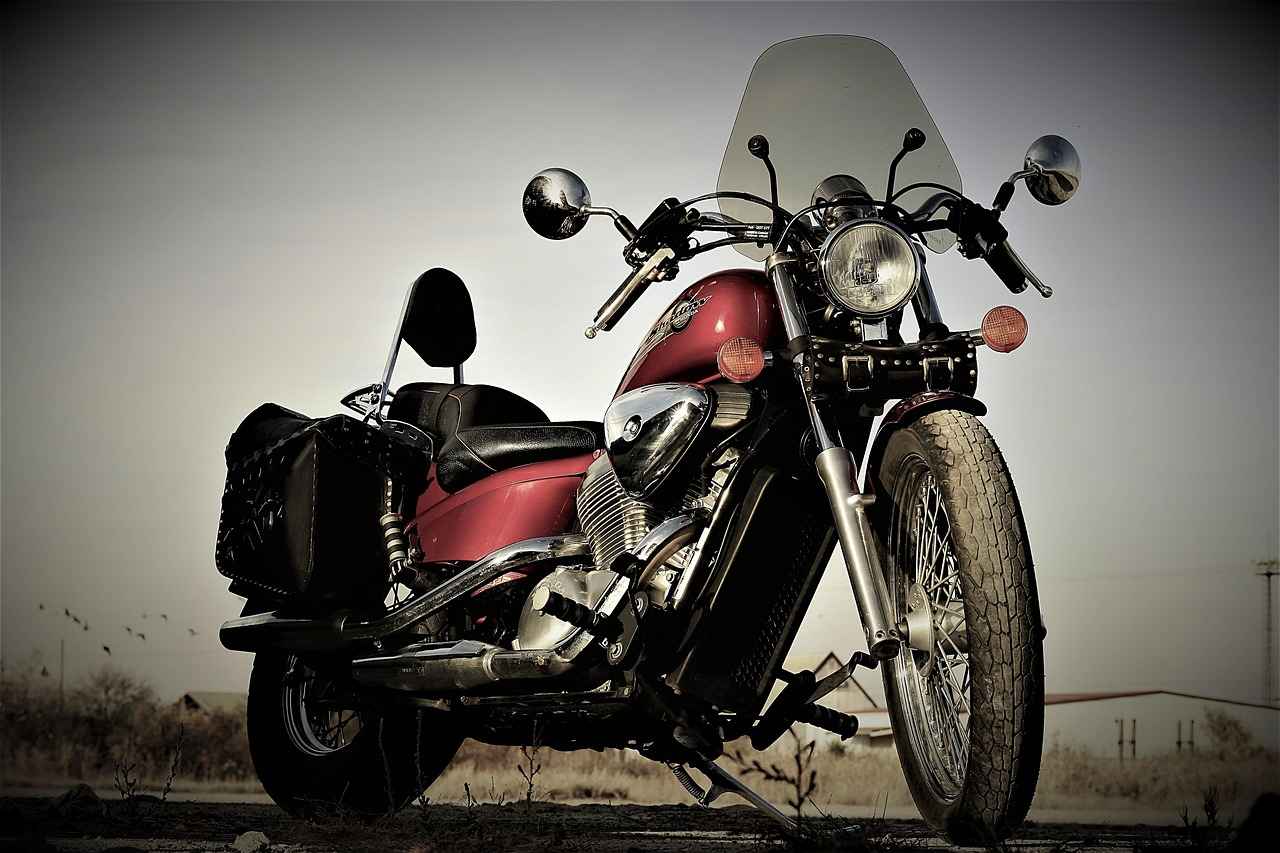
What Are the Long-Term Ownership Costs of a Honda Accord?
When considering the purchase of a Honda Accord, it is crucial to understand the long-term ownership costs associated with this vehicle. These costs extend beyond the initial purchase price and encompass several key factors that can significantly impact your budget over time.
- Maintenance Costs: Regular maintenance is essential for keeping your Honda Accord in optimal condition. This includes routine services such as oil changes, tire rotations, and brake inspections. On average, owners can expect to spend around $500 to $700 annually on maintenance, depending on driving habits and local service rates.
- Insurance Premiums: Insurance costs can vary widely based on factors such as driving history, location, and coverage levels. For a Honda Accord, the average annual insurance premium typically ranges from $1,200 to $1,500. It’s advisable to shop around for the best rates and consider factors like discounts for safe driving or bundling policies.
- Fuel Expenses: Fuel efficiency is one of the Honda Accord’s strong suits, with many models offering impressive miles per gallon (MPG) ratings. Depending on the model year and engine type, owners can expect to spend approximately $1,400 to $1,800 annually on fuel, assuming average driving conditions.
Understanding how these costs accumulate over the years is essential for potential buyers. Over a five-year period, the total cost of ownership for a Honda Accord can reach upwards of $30,000, factoring in depreciation, maintenance, insurance, and fuel. This comprehensive view allows buyers to budget effectively and avoid unexpected financial burdens.
In addition to the primary costs outlined above, there are other potential expenses that Honda Accord owners should be aware of:
- Registration and Taxes: Depending on your state, vehicle registration and taxes can add a few hundred dollars to your annual expenses.
- Financing Costs: If you choose to finance your purchase, interest rates and loan terms can significantly affect your overall cost. It’s important to explore various financing options to find the most favorable terms.
- Unexpected Repairs: While Honda vehicles are known for their reliability, unexpected repairs can arise. Setting aside a small emergency fund for such instances can provide peace of mind.
To keep long-term ownership costs manageable, consider the following strategies:
- Regular Maintenance: Adhering to the manufacturer’s recommended maintenance schedule can prevent costly repairs down the line.
- Shop for Insurance: Regularly comparing insurance quotes can help you find the best coverage at the lowest price.
- Fuel Efficiency: Opting for fuel-efficient driving habits can help reduce your overall fuel expenses.
In summary, understanding the long-term ownership costs of a Honda Accord is vital for potential buyers. By considering maintenance, insurance, fuel expenses, and additional costs, you can make an informed decision that aligns with your financial goals.
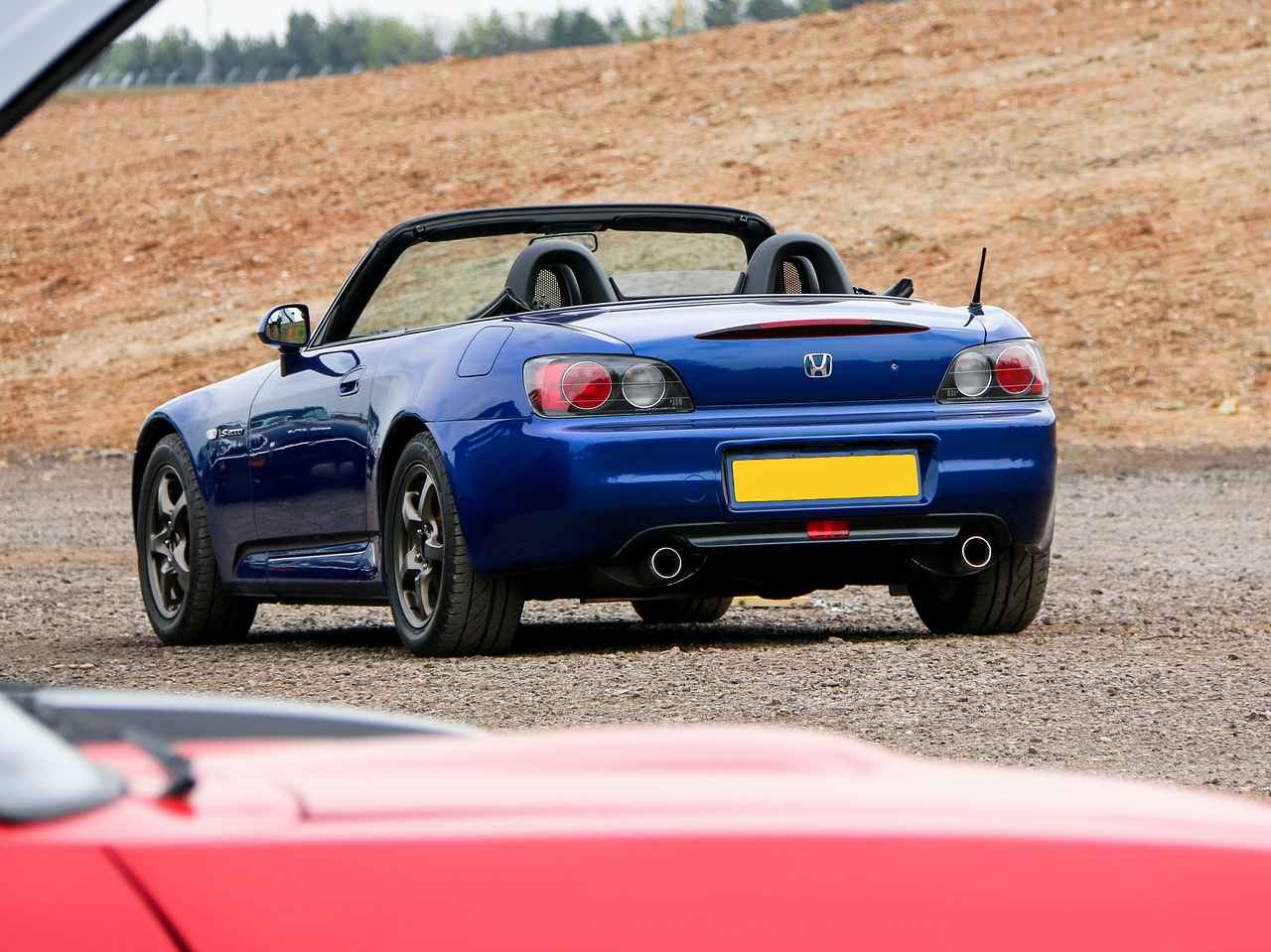
How Does Honda Accord’s Resale Value Compare?
The resale value of a vehicle is a crucial factor for any prospective buyer, and the Honda Accord is no exception. As one of the most popular sedans on the market, understanding the factors that influence its resale value can provide buyers with a significant advantage. This section delves into the elements that affect the resale value of the Honda Accord and compares it to its competitors.
Several key factors determine the resale value of the Honda Accord:
- Model Year: Newer models typically have a higher resale value due to the latest technology and features.
- Mileage: Vehicles with lower mileage generally command better prices in the used car market.
- Condition: A well-maintained Accord will retain its value significantly better than one that has been poorly cared for.
- Market Demand: The popularity of the Honda Accord in the used car market can drive prices up, particularly in times of high demand.
- Trim Level: Higher trims with more features often have better resale values due to their added appeal.
When compared to competitors like the Toyota Camry and Ford Fusion, the Honda Accord often holds its value exceptionally well. According to various automotive industry reports, the Accord consistently ranks among the top vehicles for resale value in its class.
For instance, studies show that the Honda Accord retains about 60% of its original value after three years, while the Toyota Camry hovers around 58%. This slight edge can be attributed to Honda’s reputation for reliability and the Accord’s strong brand loyalty among consumers.
Understanding the resale value is vital for buyers for several reasons:
- Investment Recovery: A higher resale value means a better return on investment when it’s time to sell or trade in the vehicle.
- Financing Benefits: Vehicles with better resale values can lead to lower financing costs, as lenders may offer better terms.
- Overall Cost of Ownership: A car that retains its value well can reduce the overall cost of ownership over time.
Buyers can take several steps to ensure that their Honda Accord retains its value:
- Regular Maintenance: Keeping up with scheduled maintenance helps maintain the vehicle’s condition.
- Careful Driving: Avoiding aggressive driving can minimize wear and tear on the vehicle.
- Documentation: Keeping a detailed service record can enhance the vehicle’s appeal to future buyers.
In conclusion, the resale value of the Honda Accord is influenced by various factors ranging from model year to market demand. When compared to competitors, the Accord often stands out for its ability to retain value, making it a wise choice for buyers concerned about long-term costs.
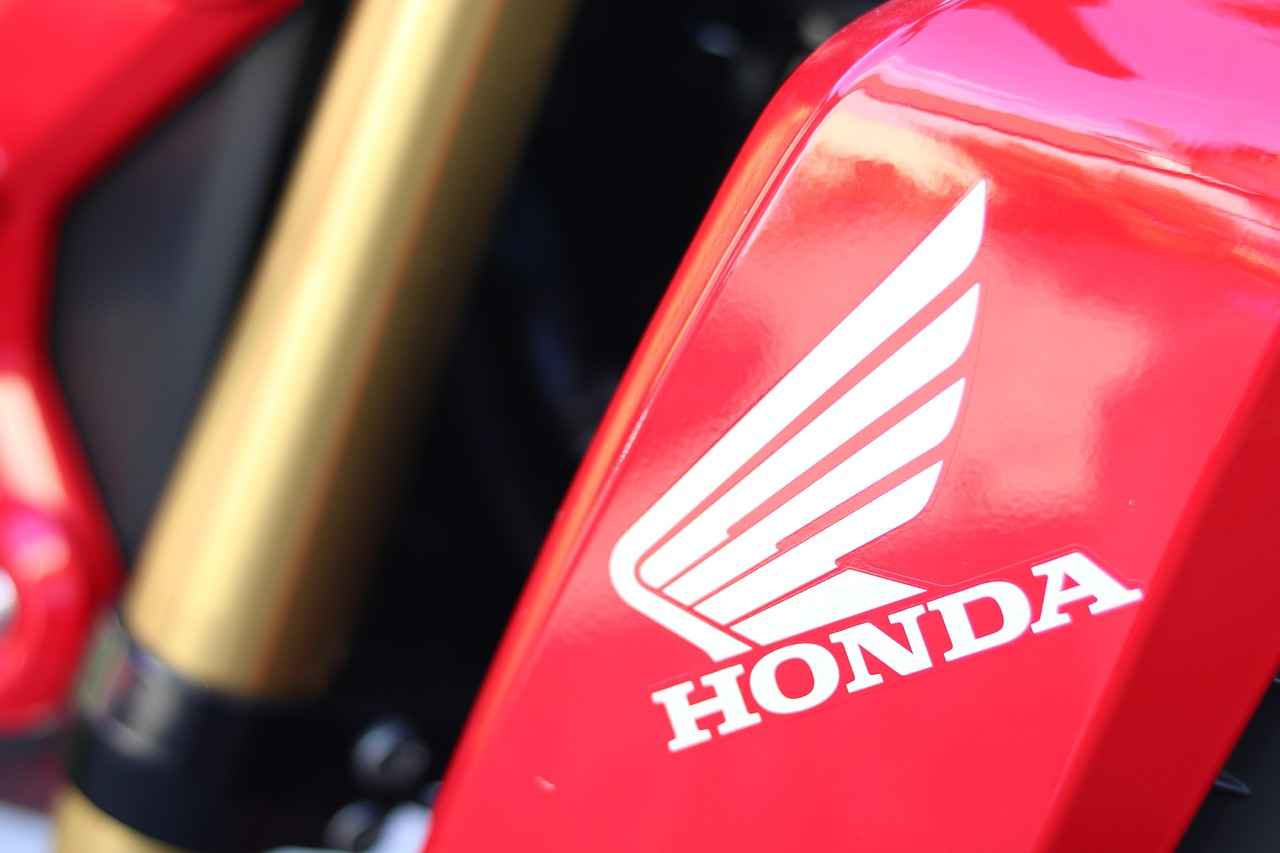
What Promotions or Discounts Are Available for Honda Accord Buyers?
The purchase of a Honda Accord can be a significant investment, and understanding the various promotions and discounts available can help buyers save considerably. This section delves into the current offers and incentives that make the Honda Accord an attractive option for potential buyers.
Many dealerships and manufacturers provide a range of promotions and discounts that can lower the overall cost of a Honda Accord. These incentives can vary by region, dealership, and time of year. Here are some common types of promotions that buyers should consider:
- Cash Rebates: Many manufacturers offer cash rebates on specific models or trims. These rebates can significantly reduce the purchase price and are often available for a limited time.
- Financing Offers: Low or zero percent financing options are frequently available, allowing buyers to finance their Honda Accord without paying high-interest rates. This can lead to substantial savings over the life of the loan.
- Lease Specials: For those considering leasing rather than buying, many dealerships provide attractive lease deals that lower monthly payments and may include lower upfront costs.
- Trade-In Bonuses: Some dealerships offer additional trade-in bonuses for customers who trade in their old vehicles, further reducing the cost of the new Honda Accord.
- Loyalty Programs: Honda often rewards existing customers with loyalty incentives, providing discounts or special financing rates for those who choose to purchase another Honda vehicle.
To make the most of these offers, buyers should:
- Research Local Deals: Check local dealerships and the official Honda website for the latest promotions and incentives available in your area.
- Negotiate: Don’t hesitate to negotiate the terms of the deal. Dealers may be willing to provide additional discounts or match competitor offers.
- Timing Matters: Promotions often coincide with specific times of the year, such as end-of-year sales events, holiday promotions, or model year clearance sales. Timing your purchase can yield better deals.
Additionally, buyers should keep an eye on seasonal sales events or special promotions tied to holidays, as these can provide excellent opportunities to secure a better price. Signing up for newsletters from Honda or local dealerships can also keep you informed about upcoming offers.
In conclusion, understanding the various promotions and discounts available for Honda Accord buyers can lead to significant savings. By conducting thorough research and being strategic about the timing and negotiation process, potential buyers can enhance their purchasing experience and enjoy their new Honda Accord at a more affordable price.
Frequently Asked Questions
- What is the starting price of a new Honda Accord?
The starting price for a new Honda Accord typically ranges from $26,000 to $37,000, depending on the trim level and optional features you choose. It’s a good idea to check local dealerships for the most accurate pricing.
- How does the Honda Accord’s price compare to its competitors?
When you stack the Honda Accord against similar vehicles like the Toyota Camry and Nissan Altima, you’ll find that it offers competitive pricing. However, the Accord often comes with more standard features, making it a fantastic value for buyers.
- What factors influence the price of a Honda Accord?
Several key factors can influence the price, including the model year, trim level, and any optional features you might want. Demand in the market can also play a role, so it’s smart to do some research before making a purchase.
- How does the model year affect the pricing?
Generally, newer models will cost more due to their updated technology and features. However, older models can still provide excellent value, especially if you’re looking for a reliable vehicle without the brand-new price tag.
- What are the different trims available for the Honda Accord?
The Honda Accord comes in various trims, including the LX, Sport, EX-L, and Touring. Each trim offers unique features and pricing, so you’ll want to consider what best fits your needs and budget.
- How do optional features impact the price?
Optional features, such as advanced safety technology and premium sound systems, can significantly increase the price. It’s essential to weigh the benefits of these options against your budget to find the perfect fit.
- What is the average price of a used Honda Accord?
The average price of a used Honda Accord can vary widely, typically ranging from $15,000 to $25,000, depending on factors like condition, mileage, and model year. Shopping around can help you find the best deal!
- How do financing options affect the overall cost?
Financing options can significantly impact the total cost of your Honda Accord. Interest rates, loan terms, and down payments all play a role, so it’s worth exploring different financing methods to save money in the long run.
- What are the long-term ownership costs of a Honda Accord?
Long-term ownership costs include maintenance, insurance, and fuel. Typically, the Honda Accord is known for its reliability, which can help keep these costs manageable over time.
- How does Honda Accord’s resale value compare?
The Honda Accord generally holds its value well compared to competitors, thanks to its reputation for reliability and quality. This makes it a smart investment for buyers looking for long-term value.
- What promotions or discounts are available for Honda Accord buyers?
Promotions and discounts can vary by dealership and time of year, so it’s a good idea to check for current offers. Incentives like cash back or low-interest financing can help reduce your overall purchase price.

